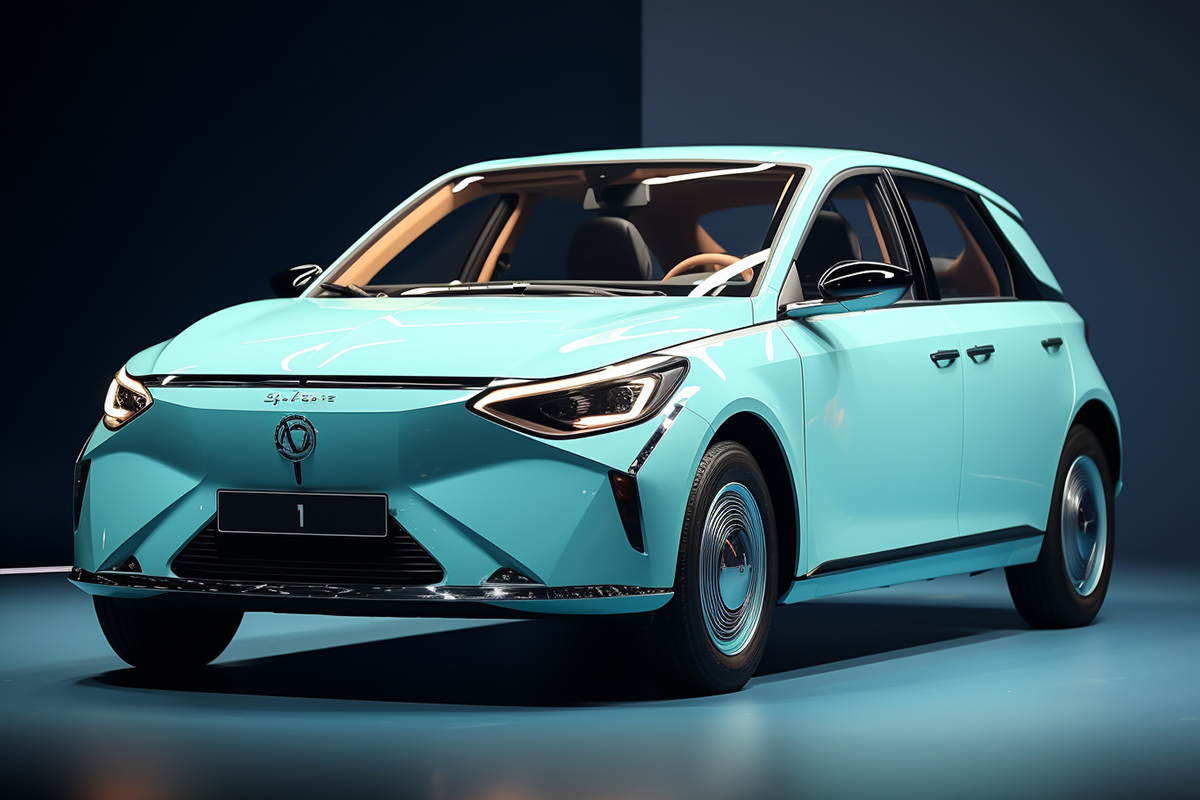In the bustling streets of Copenhagen, Laima Springe-Janssen swapped her gasoline-powered French SUV for an electric one, not from Europe but from China’s BYD. “I love the car,” she exclaimed, showcasing how European consumers are increasingly enamoured by Chinese electric vehicles (EVs). This transition is more than just a consumer preference—it mirrors the broader shifts in the global EV market and ignites concerns about Europe’s long-established auto industry.
Historically dominated by powerhouse brands like Volkswagen, Peugeot, and BMW, Europe’s automobile market is seeing a significant influx of Chinese EVs. This transition is not just about the cars but about global trade dynamics, geopolitics, and the fierce race for supremacy of green technology. The situation has caught the European Union’s attention, leading them to investigate Beijing’s support for its burgeoning EV sector. While Europe grapples with this new competition, climate-conscious European consumers are simply looking for quality vehicles at affordable prices—and they’re finding them in Chinese offerings.
Springe-Janssen’s sentiments reflect a broader trend. For about $50,000, her new Atto 3 SUV boasts features like a 360-degree dash cam, two years of free charging, and even an extra set of winter tires. It’s such compelling offerings that are driving many Europeans to Chinese EV brands. “I’m sorry, Europe. Go home,” she declared. “China has a better offer.”
According to independent auto analyst Matthias Schmidt, Chinese EV makers find the European market alluring due to its lower auto import tariffs compared to the U.S. Europe also houses the world’s second-largest EV battery market, following China. However, the rapid rise of Chinese EVs in Europe, which now account for 8.4% of the EV market (up from 6.2% last year), has stoked fears about the future competitiveness of the European auto industry.
European Commission President Ursula von der Leyen has voiced concerns, stating that “global markets are now flooded with cheaper Chinese electric cars” thanks to “huge state subsidies.” In response to these concerns, the EU has opened an investigation which could culminate in imposing import duties.
Yet, amidst these trade tensions, consumers like British retiree John Kirkwood are happy to enjoy the benefits of affordable and feature-packed Chinese EVs. Having replaced his Volkswagen Passat with a Chinese MG5 station wagon, Kirkwood stated, “It’s nice. It’s quiet, refined” and swift.”
Chinese firms like MG, BYD, Geely, NIO, and Xpeng are not merely knocking on Europe’s doors—they’re opening them wide. With the European auto industry at a crossroads, the competition from China serves as a clarion call for innovation and adaptability.
Europe’s EV market is at the epicentre of a global shift. Balancing consumer demand, trade dynamics, and industrial competitiveness will be crucial as the continent works towards a green future. Laima Springe-Janssen and John Kirkwood represent the new face of European auto consumers, who, appreciative of Europe’s automotive legacy, are ready to embrace the future—wherever it might come from.







